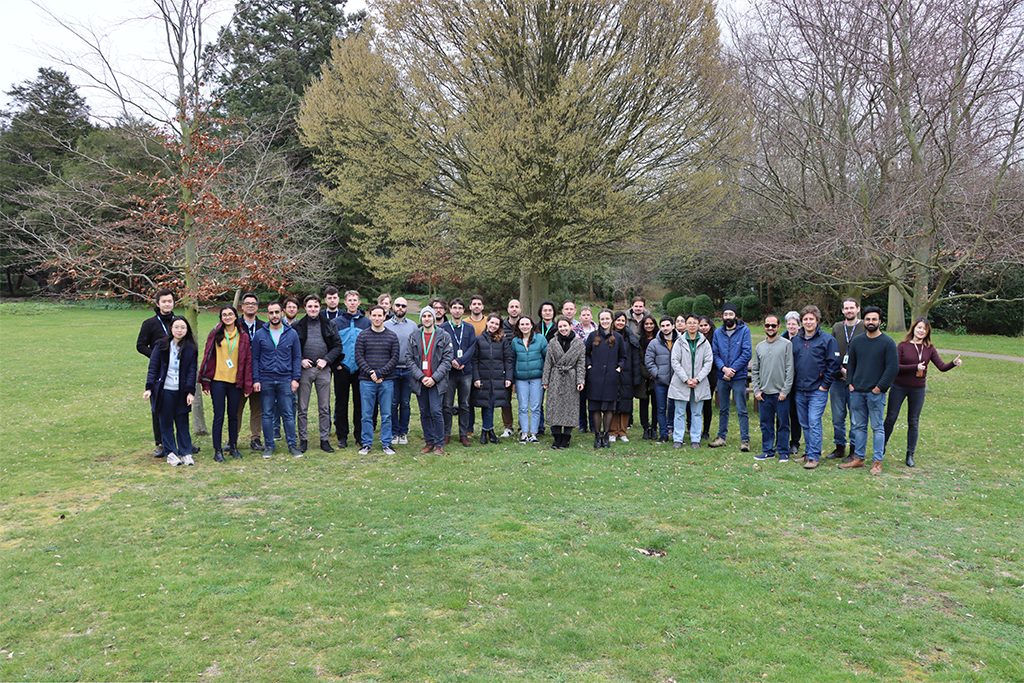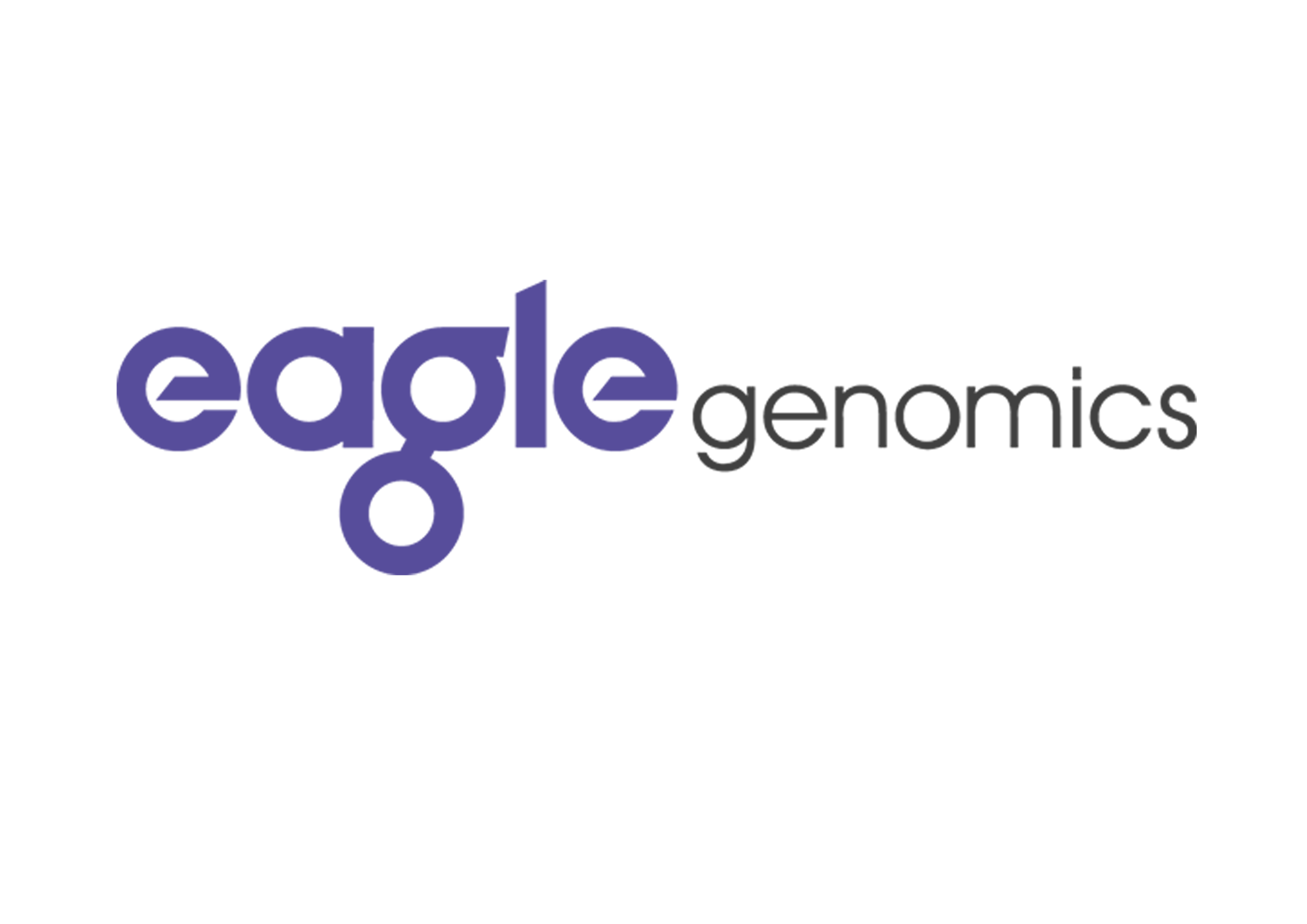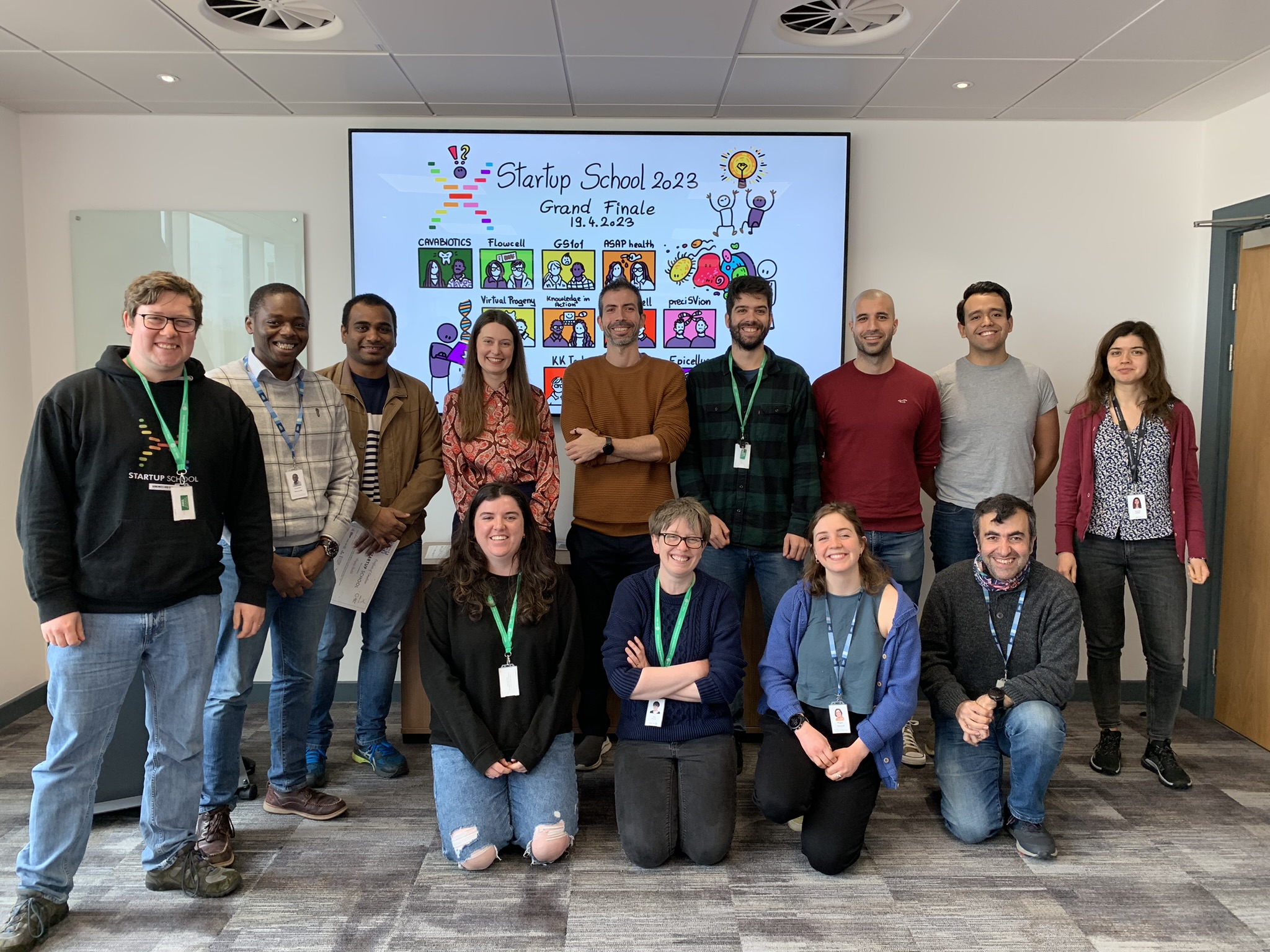Building a bioinformatics community at the nf-core hackathon

Over 60 bioinformaticians and developers from across the Wellcome Genome Campus came together on 27-29 March to take part in the nf-core hackathon. This biannual global event is part of a project building a worldwide community of people using Nextflow. This informatics tool helps scientists doing data analysis on genomes to more easily share and build upon each other’s work and ideas.
The event at our Hinxton Hall venue was the largest gathering at any site during the international nf-core hackathon. The purpose of such an event is for scientists to tackle problems collaboratively and share best practices. Over the three-day period, in-person events were held in 12 countries across four continents, with more participants online.
Building a campus community
The nf-core project is a diverse global community of developers. It promotes open science and collaboration via contributions and feedback from the scientific community.
But while the nf-core project supports the community on a global scale, the organisers of the Wellcome Genome gathering are equally keen to build a more modest Nextflow user community right here on campus.
Priyanka Surana, a senior bioinformatician in Sanger’s Tree of Life Programme, and a driving force behind the nf-core hackathon event on the Wellcome Genome Campus, said: “Our goal for this hackathon is to build a long-lasting campus community of developers of pipelines, associated tools and informatics infrastructure, as well as Nextflow users. It was amazing to see so many colleagues, drawn from different institutes and scientific programmes, coming together to share ideas. You can feel a real momentum building and strong spirit of collaboration.”
The teams brought together during the nf-core hackathon are involved in a broad range of biological research. This stretches from studying the human genome and the process of ageing, to sequencing the natural world and managing genomic metadata. In each case, Nextflow is a useful tool.
Nextflow does several things bioinformaticians really like. It is portable, meaning the pipelines they code can be moved easily between different systems. It is agnostic in its coding language, speaking its own language which is compatible with many different systems. It is modular, which allows users to add and remove different softwares at any point in the pipeline without causing problems elsewhere. And it is scalable, which allows pipelines using Nextflow to take on lots of additional workload demands without having to be constantly modified.
While the nf-core hackathon is a twice-a-year event, teams at Sanger and EMBL-EBI are enthusiastic about bringing their community together on a much more regular basis. This new workflow community is already planning more hackathons, training on advanced topics, talks and discussion sessions, and even after-work meetups with pizza and drinks.
“As bioinformatics continues to evolve quickly we recognise how essential communities, such as this one, are. This community provides the means for us to share and advance knowledge with our peers. It also provides a forum for us to understand best practice, so that we can improve how we use workflow tools to rapidly put together state of the art analysis pipelines, which are required for us to undertake cutting edge science.”
John Boyle, Associate Director of Science Solutions at the Wellcome Sanger Institute
“Reproducible research and analysis is a foundational principle of the scientific method and as such we should always work towards adopting tools that help us to achieve this. Nextflow and nf-core provide a useful way to achieve this and share our analyses and workflows with other researchers around the world. This not only accelerates science but allows introspection of our methods. Supporting this growing community is the right thing to do as we work towards making the ecosystem around workflows better.”
Andrew Yates, Team Leader in Genomics Technology Infrastructure at EMBL-EBI


